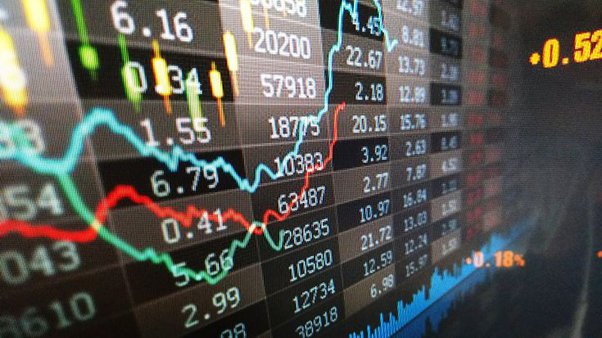After a company's shares of stock have been issued on the main market, they will be sold on the secondary market, where they will continue to be purchased and sold. When participants in the stock market decide whether to purchase or sell, the secondary market experiences price swings in the stock.
If an investor or investment expert feels that a company is undervalued, overpriced, or at a fair price, it will influence their choice of purchasing, selling, or keeping the stock. If a share of stock costs $100 but is thought to be worth just $90, then in the eyes of certain individuals, the stock is overpriced. It is undervalued if the general consensus is that it is worth just $110.
Therefore, why is the stock price $100 when it might be worth $90 or even $110 a share? It all boils down to supply and demand regarding the total number of shares that are being purchased and sold. The present market value of a transaction is determined by the investors, also known as partial owners, who engage in buying and selling activities among themselves.
Ask and Bid
The prospective purchasers declare the amount they are prepared to pay, referred to as the "offer." The prospective sellers announce the price they are prepared to sell, referred to as the "ask." A market maker acts as a neutral third party to facilitate transactions between two competing parties to increase liquidity in the market.
The Concepts That Guide Stock Prices
Although the asking price and the bid price are the primary factors determining a stock's price, this does not address more fundamental questions, such as the reason a seller was willing to sell at a certain price or the reason a buyer was prepared to pay a particular amount.

The Hypothesis of an Efficient Market
The Efficient Market Hypothesis is a school of thought that holds that asking those more in-depth questions serves no use and that this line of reasoning should be rejected. Regardless of what a review of a company's fundamentals or a more general trend in the market would imply, the idea holds that a company's stock price always accurately represents the company's real worth at any given moment.
Those who subscribe to the EMH tend to be advocates of the investment technique known as passive investing, which takes a wide and unfocused approach to the market rather than concentrating on analysis and timing. According to this school of thought, there is no amount of study that could foresee the unpredictability of the market; as a result, the ideal strategy is to purchase as many different stocks as you can and to hold onto those stocks for as long as you possibly can.
Intrinsic Value Theory
On the other end of the range of theoretical perspectives is something called Intrinsic Value Theory. According to this hypothesis, the price at which firms trade in the market is rarely an accurate reflection of their true value. The net present value of the owner's profits is what Benjamin Graham referred to as the "intrinsic value" of the firm, which is the business's true worth. Based on the enterprise's real productive capacity refers to the amount of cash that can be pulled from the company at any point in time, beginning right now and continuing until the end of all time. To put it another way, how much money does the firm make, and how much longer can it continue to make that amount?

Its adherents are "value investors" for their focus on long-term returns. Famous executives and investors like Warren Buffett are among them. Many of his famous sayings may be traced back to this outlook, like "if a firm goes well, the stock ultimately follows" and "it's much better to acquire a fantastic company at a fair price than it is to buy a fair company at a spectacular price." He believes "if a firm goes well, the stock ultimately follows," which is the basis for both of these claims. When a company's share price drops, a value investor will look into the cause to see whether it presents a chance to buy the company's shares at a lower price.
Conclusion
It is essential to have a foundational understanding of the functioning of the capital markets before attempting to comprehend the factors that influence stock prices. The price of a share of stock is mostly determined by the combined actions of buyers and sellers operating inside the capital markets. There are a variety of variables and explanations for why stock values go up and down.



